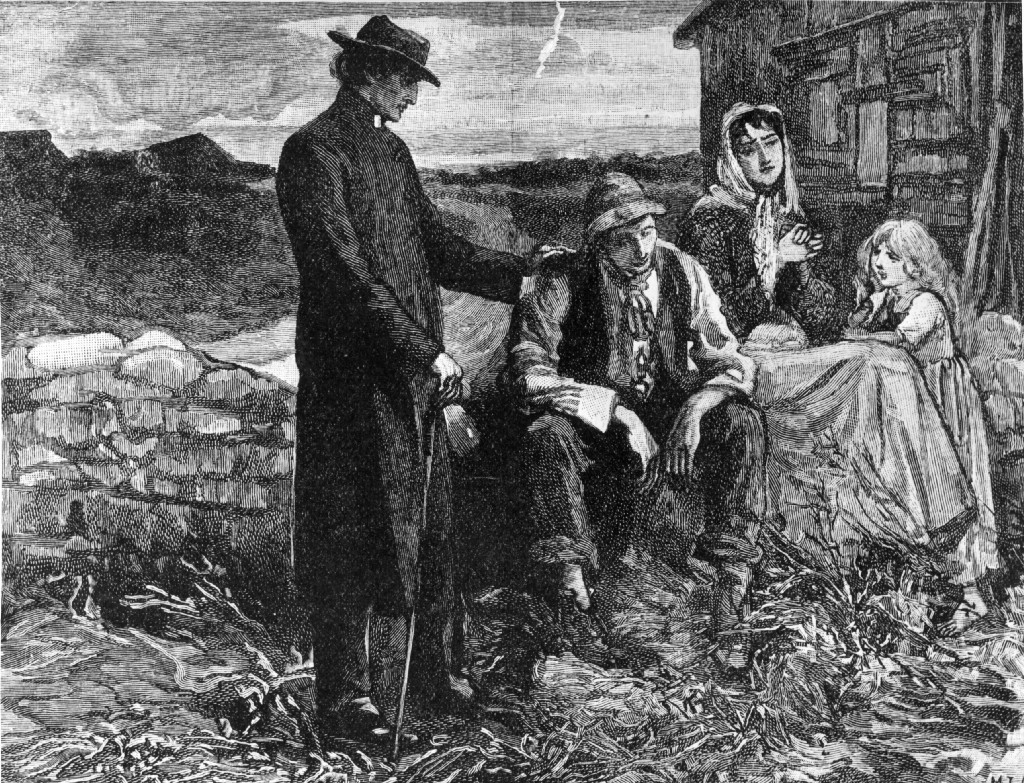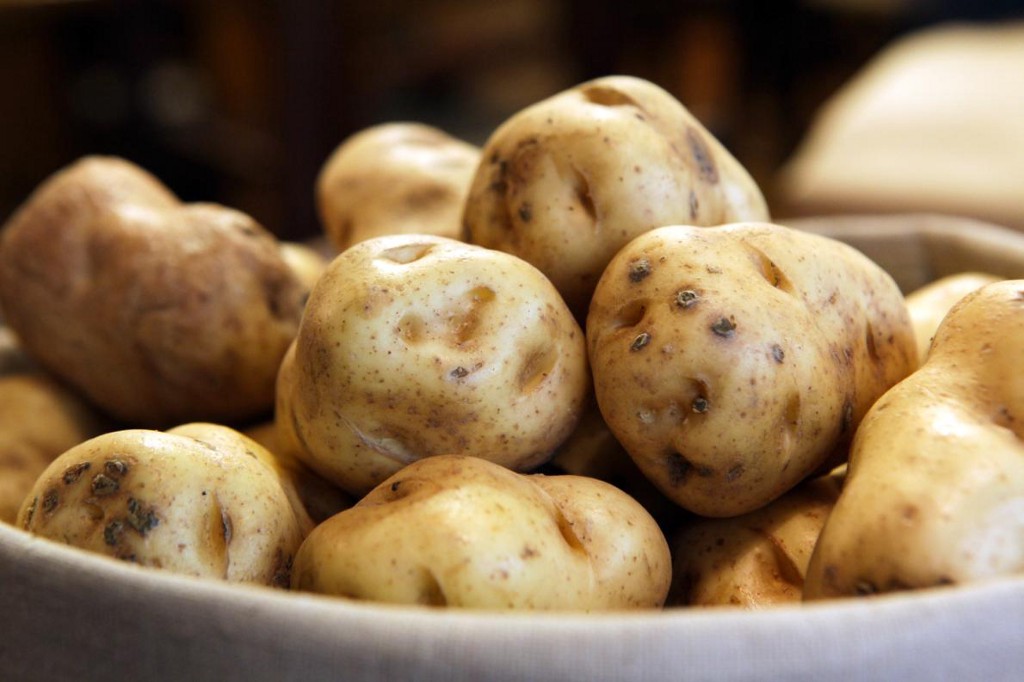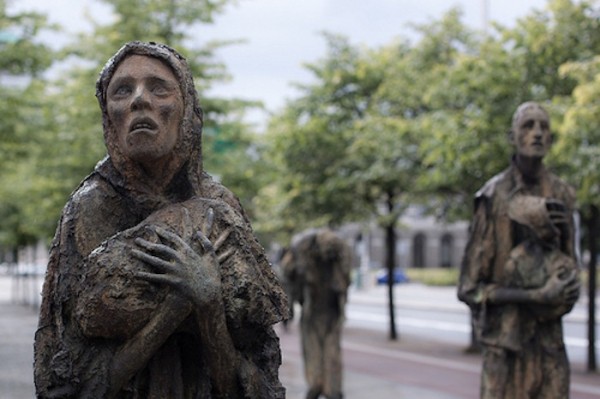The Irish Potato Famine Wasn’t Caused By A Fungus

Here’s what your high school history teacher didn’t tell you.
The Irish Potato Famine was hands down the worst episode of mass starvation in 19th century Europe. After a simple fungus ravaged Ireland’s potato supply, a million people — or 1/8 of the population — perished.
History classes often gloss over the blight before diving into how it affected immigration to the US, but the famine had a more sinister cause. If it wasn’t for British greed, it could have been softened, or perhaps even avoided altogether.
Forced into a corner
Meet the Irish lumper:

If you lived in Ireland in the mid-19th century, there’s a good chance you would’ve eaten almost nothing except this delicious little tuber. At the time, about half of Ireland relied on potatoes to survive. Although farmers planted different varieties, the lumper was by far the most popular because it grew well in poor conditions.
Efficiency was key in rural Ireland because peasants didn’t have much to work with. On top of providing for their own families, they also had to pay high rents to landlords who often didn’t even live in Ireland. Despite the ridiculousness of what’s now called “absentee ownership,” the Irish made do with what they had. In fact, a family of six only needed one and a half acres of potatoes to feed themselves all year long.
Sadly, the reliance on a single crop created a perfect storm. Due to a lack of genetic diversity in planted potatoes, a fungus known as Phytophthora infestans took hold fast. In 1845, the plague killed nearly a third of Irish potatoes, and almost all of them died by the next year.
Potatoes were just the beginning
Despite subsisting almost entirely on potatoes, Irish farmers actually produced a wide range of crops. According to Ireland’s Great Hunger Museum, roughly three-quarters of the land in Ireland grew oats, barley, wheat and other staples.

Almost none of this food stayed in Ireland while its people died of starvation, though.
Due to its lack of industry, Ireland’s main value point for the English was its agriculture. In an interview with Paste magazine, Professor Christine Kinealy of Quinnipiac University describes how England ignored the pleas of its subjects. Even though people urged the British to allow Ireland to eat the food it was growing, the British wouldn’t listen.
In the first nine months of 1847, the British forced Irish farmers to ship 822,681 gallons of butter to England. The British military even guarded shipments like this to ensure their safe arrival.
Of course, the Irish already know all about their ancestors’ hardships — it’s one reason much of the population has such deep distrust of the British. Not only did British greed force the Irish to rely solely on potatoes in the first place to meet the demands of absentee landlords, it allowed them to starve just to pad the bottom line.
Hindsight may be 20/20, but this story should be a lesson about what happens when you let greed overwhelm simple human compassion. Whether it’s a politician denying climate change or an entire company guzzling up water during a drought, the reckless pursuit of money always leaves victims in its wake.
